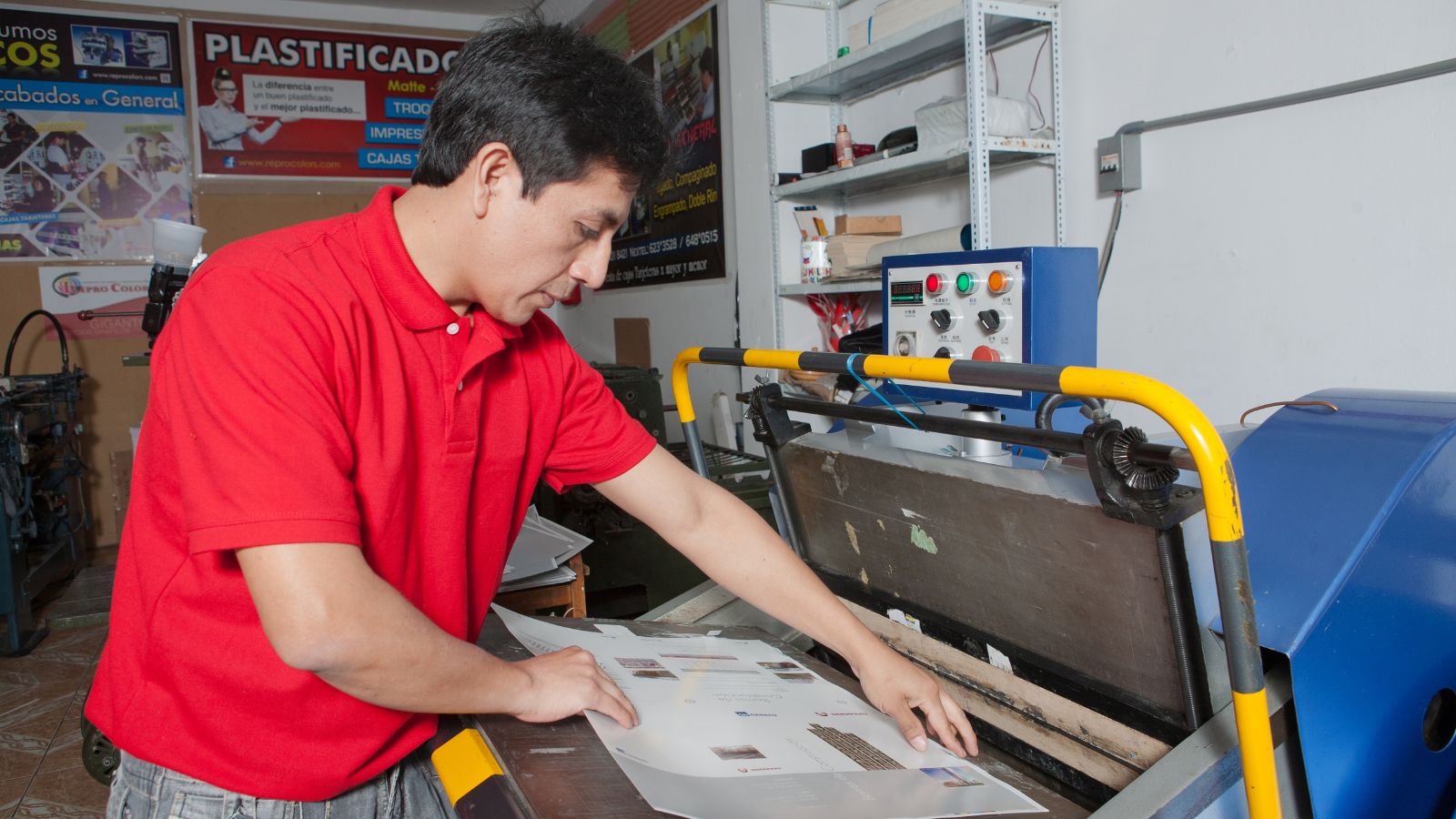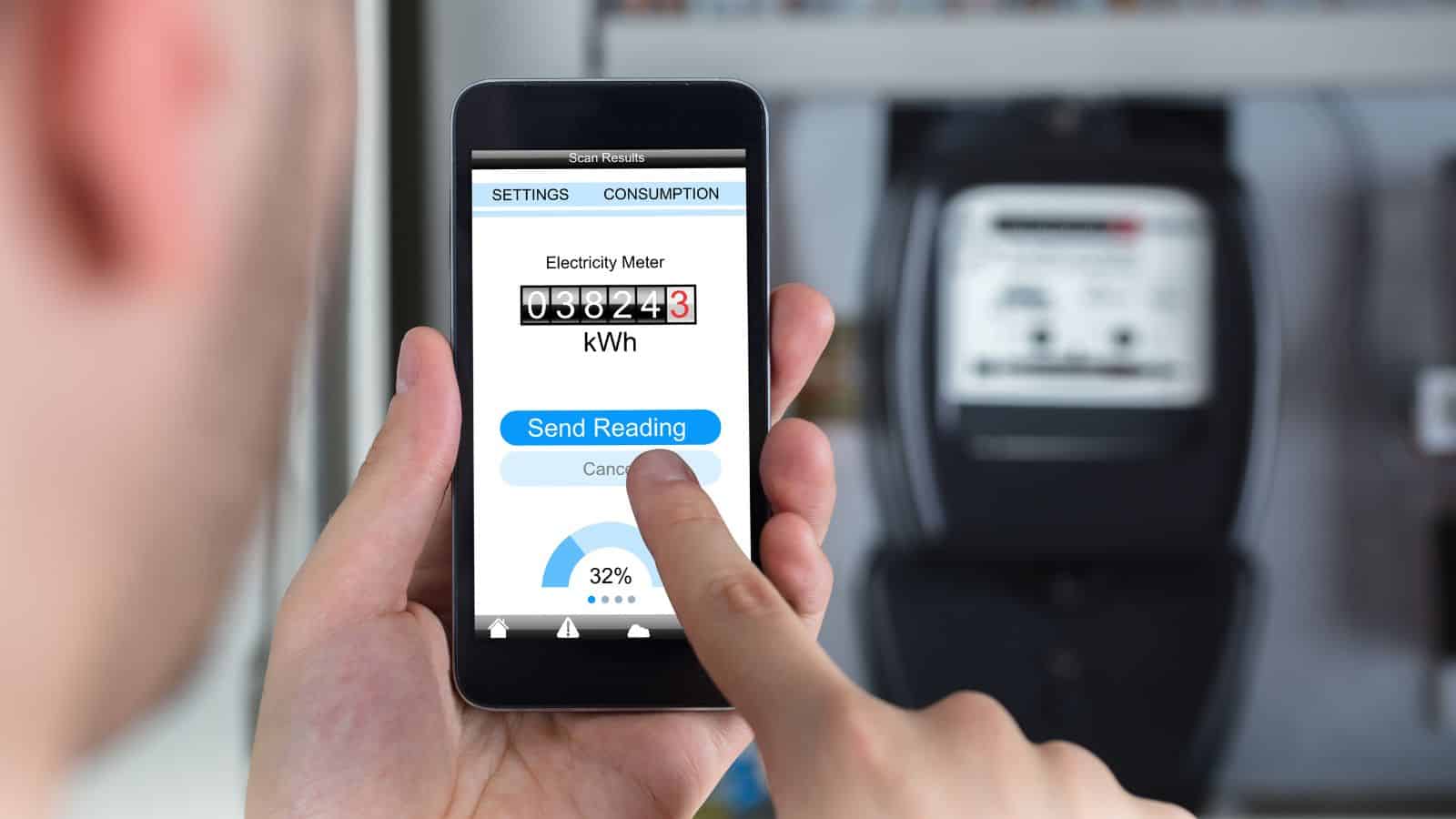The next decade does not look promising for certain types of jobs that people have today. Whether due to advancements in automation or shifts in consumer behavior, here are some of these jobs that are at the most risk of disappearing forever .
Cashiers

We have seen an influx of automation and self-checkout systems adopted in stores around the UK in the last few years, and their adoption isn’t slowing down, thanks to their speed and convenience. Forbes says that cashiers may disappear forever despite the technological challenges around surveillance and the need for intense retail discipline.
Travel Agents

Travel agents are now being replaced with easier, more accessible alternatives, such as travel booking websites and apps. Some may argue that the role of a travel agent is already inexistent. Despite the importance of human interaction, the convenience of personalized booking experiences sadly overcomes the need for an agent.
Bank Tellers

Bank tellers are also being replaced by innovations brought about by the internet—this time, we talk about online banking and mobile applications. People no longer need to visit bank branches to withdraw or transfer money or solve banking issues, and due to digital alternatives, teller positions have become unnecessary.
Telephone Operators

Automated voice response systems and advanced customer service technologies handle calls more efficiently, diminishing the need for human telephone operators. Companies are adopting these systems to streamline operations and reduce costs, making the traditional role of telephone operators less common. Researchers reveal that by as early as 2029, 20% of the 5,000 operator jobs still existing will be gone.
Postal Workers

Email, instant messaging, and various digital communication tools have significantly reduced the need for traditional mail, causing postal services to experience declining volumes of letters and physical mail. This trend, coupled with increasing operational costs, leads to fewer postal worker jobs, especially in the sorting and delivery sectors.
Newspaper Delivery

Print media is steadily declining because people are shifting to digital news consumption. As newspaper subscriptions drop, newspaper delivery jobs decrease as well. Many newspapers are also transitioning to online platforms themselves, making career prospects in the newspaper delivery field one of the worst in the UK.
Telemarketers

Robocalls and automated marketing systems are increasingly replacing human telemarketers, as companies prefer these methods for their cost-effectiveness and efficiency. Regulatory restrictions on telemarketing calls also contribute to the decline in this job sector, making it harder for traditional telemarketers to operate profitably.
Assembly Line Workers

Manufacturing is increasingly relying on robotics and automation because machines can perform related repetitive tasks more efficiently than humans. Companies are investing heavily in technology to reduce labor costs and improve precision, leading to fewer assembly line jobs, particularly in the automotive and electronics industries.
Data Entry Clerks

Automation and artificial intelligence handle data entry tasks with greater accuracy and speed, prompting companies to adopt these technologies to streamline their operations. As a result, the demand for manual data entry clerks is diminishing, especially in sectors where data processing is critical and time-sensitive.
Library Technicians

Digital libraries and online resources have made information more accessible to the public, leading fewer people to visit physical libraries and reducing the need for library technicians. Additionally, budget cuts in educational institutions and public libraries further impact these roles, making them less common in many communities.
Taxi Drivers

Ride-sharing apps like Uber and Lyft have come to dominate the transportation market, and sadly, traditional taxi services lose customers to these convenient alternatives. The advent of self-driving cars could further reduce the need for human drivers, making the traditional taxi driver role increasingly redundant.
Stock Clerks

Retail automation now includes advanced robotic systems for stocking shelves. An increasing number of companies are implementing these technologies to improve efficiency and reduce labor costs. As automation takes over these tasks, the need for human stock clerks decreases, making the role less essential in modern retail environments.
Typists

Word processing software and voice recognition technology have made dedicated typing services less necessary, as professionals handle their own typing tasks using these tools. The demand for typists is declining as more people become proficient with these technologies, reducing the need for specialized typing services.
Printing Press Operators

Companies are moving their advertising and publishing efforts online, and these digital media are, in turn, reducing the demand for printed materials. The need for printing press operators is shrinking as print runs decrease and digital platforms become the primary means of information dissemination and advertising.
Meter Readers

Smart meters and automated reading systems provide accurate utility usage data, prompting utility companies to adopt these technologies to improve efficiency. As a result, meter reader jobs are declining, with automated systems offering more reliable and cost-effective solutions for utility companies.
Switchboard Operators

Modern communication systems have largely replaced traditional switchboards, with automated systems now efficiently handling call routing and management. The role of switchboard operators is becoming obsolete in most organizations, and we see businesses moving towards more advanced communication technologies.
Door-to-Door Salespeople

Online shopping and e-commerce platforms offer more convenient options for consumers, making door-to-door sales less effective and less common. Companies are shifting their focus to digital marketing strategies, reducing the need for traditional door-to-door salespeople in favor of more modern approaches.
Photo Processors

Digital photography and online photo services have largely replaced traditional film processing. People also prefer instant access to their photos through these digital means. So, it’s no surprise that the demand for photo processors in physical labs is decreasing as consumers shift towards more convenient digital solutions.
Insurance Underwriters

Artificial intelligence and machine learning can now assess risk and process insurance applications more efficiently than humans, prompting insurance companies to invest in these technologies. What’s more, the entire underwriting industry itself is experiencing a decline because fewer financial backers are willing to take on more risks to insure homes.
Up Next: Do You Know Your Rights? 17 Things You Don’t Have to Answer When Stopped by Police

The thought of getting stopped by the police is a nerve-wracking prospect for most people. It can be even worse if you’re not sure what you should and shouldn’t say, creating a sense of paranoia, anxiety, and confusion. If you’re worried about the potential for a confrontation with the cops, we’re here to help. This list covers 17 things you don’t have to answer when stopped by police officers.
Do You Know Your Rights? 17 Things You Don’t Have to Answer When Stopped by Police
18 Things That Say You Are Middle-Class and Not Rich

The difference between the rich and middle class can be confusing, but the two couldn’t be further from each other in reality. In this article, we look at 18 signs that someone is middle class but not at all rich or wealthy.
18 Things That Say You Are Middle-Class and Not Rich
18 Reasons You Feel Like You Don’t Belong Anywhere

Feeling like you don’t belong anywhere can feel incredibly isolating. We need companionship to keep us connected to the world, so if you’re struggling to form relationships and don’t feel that you don’t fit in, here are 18 reasons why that might be.
